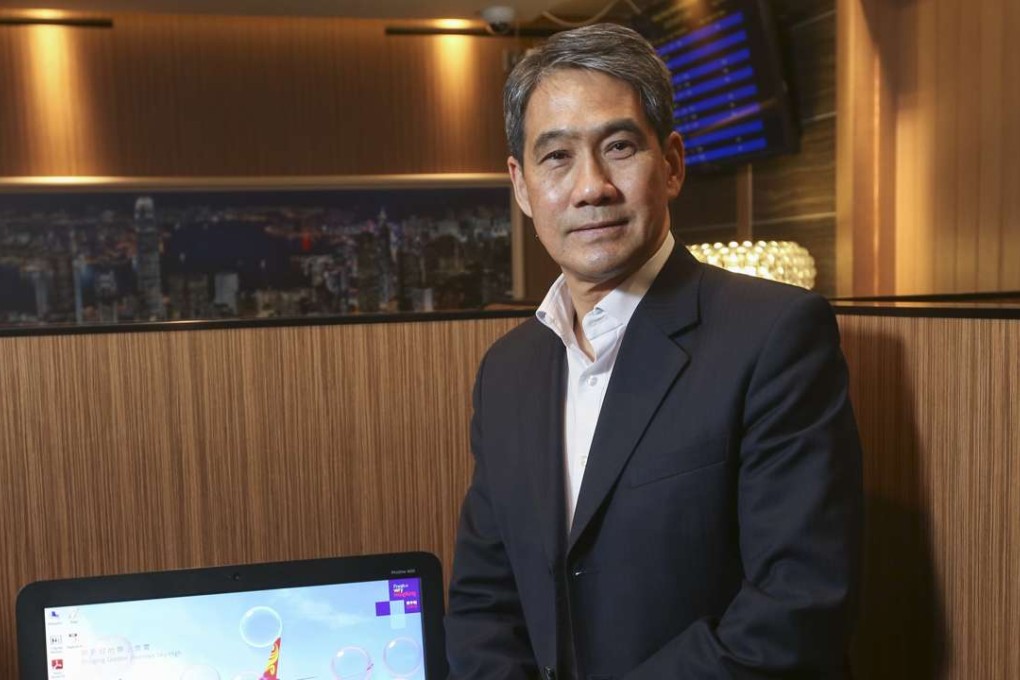Article 23 of Hong Kong’s Basic Law should have been in force a long time ago, ex-top cop says
Former police commissioner also said the government should address public concerns about the controversial national security law

Hong Kong should have enacted the national security legislation as required by the Basic Law “a long time” ago, former top cop Tang King-shing said, suggesting also that the key to preventing public outrage is for the government to listen to and address public concerns over the controversial law.
Former police commissioner Tang, also a local delegate to the mainland’s top political advisory body, made the comments after the city was shaken by Beijing’s move to issue an interpretation of the Basic Law, effectively barring pro-independence advocates from becoming lawmakers.
Adding to the controversy, Chief Executive Leung Chun-ying said there was now “practical significance” to enact Article 23 in the wake of the pro-independence and separatist drive.
“If you look at any countries, any place in the world, there are always similar [pieces of] legislations for the protection of those places. I don’t see any reasons why Article 23 should not be legislated ... it is also a requirement under the Basic Law,” Tang told the Post.
In 2003, the government was forced to scrap a plan to enact Article 23 of the Basic Law after half a million people took to the streets. The article states that Hong Kong “shall enact laws on its own to prohibit any act of treason, secession, sedition, subversion” against the central government.
Tang said officials should learn from the 2003 experience and make sure the public understands why the law is “important” for Hong Kong in the future. “It’s not just a matter of trying to pacify the people.
People genuinely don’t understand ... the government needs to arrange forums to ... create opportunities for the people to voice their concerns,” he said.